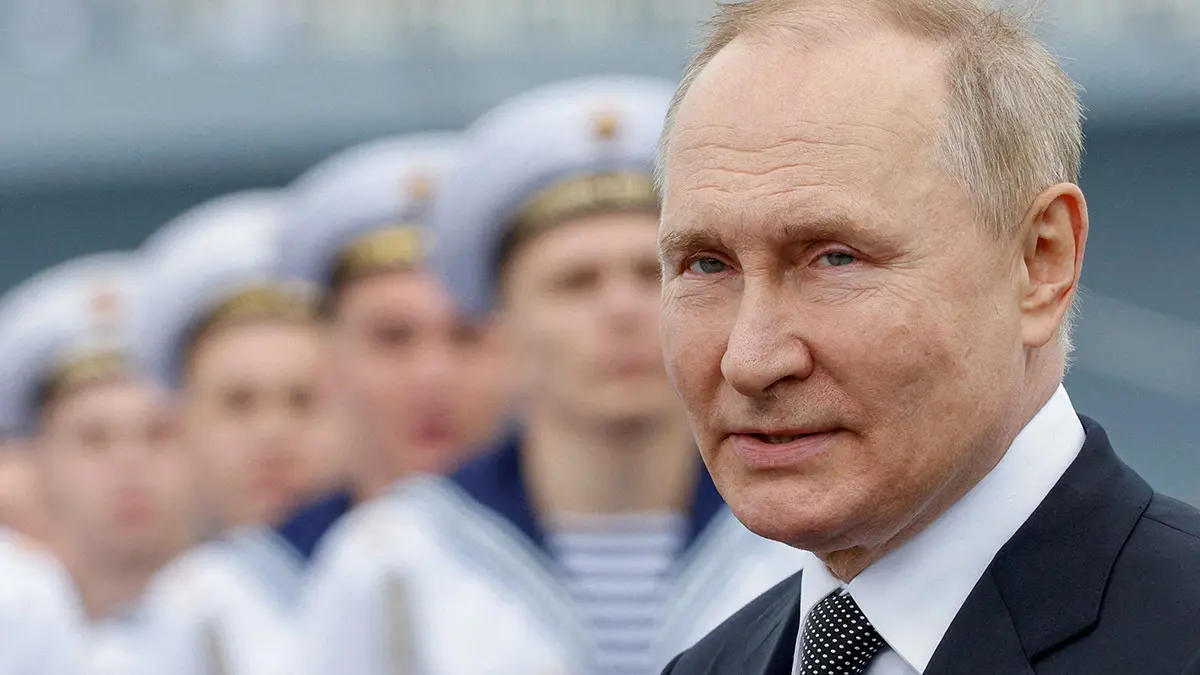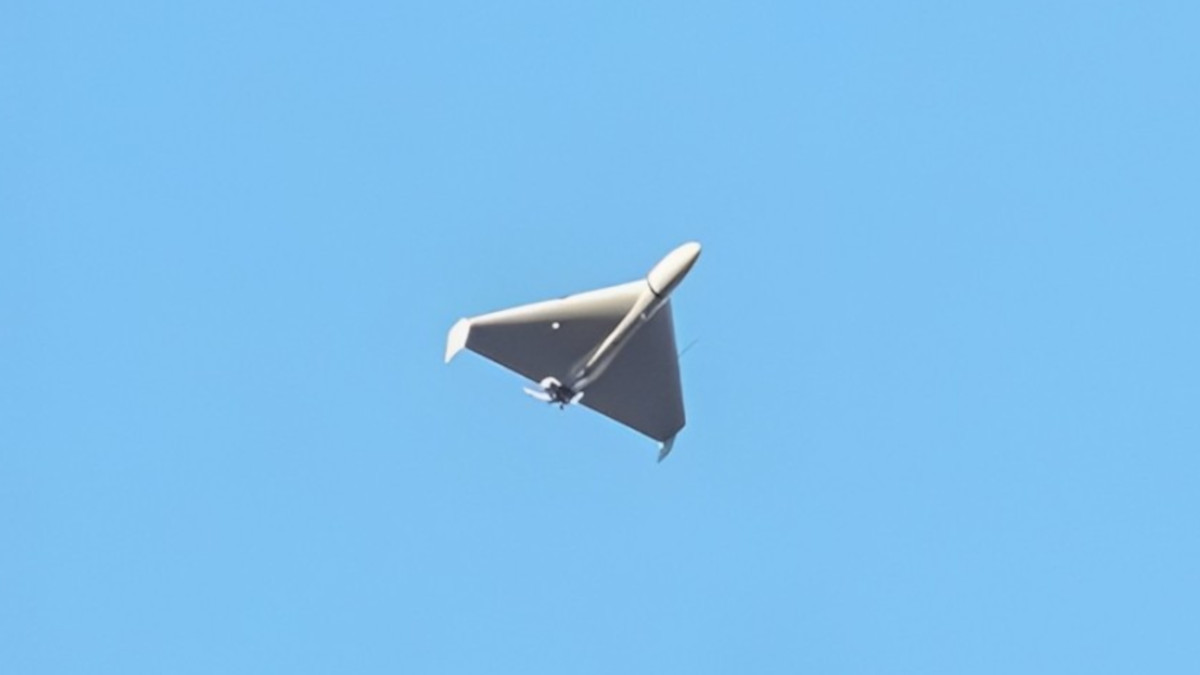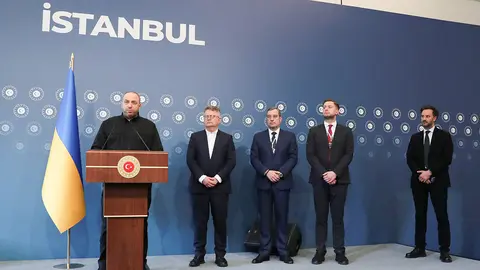Putin will agree to meet with Zelensky in the final phase of negotiations

Reporter and journalist María Senovilla, a contributor to Atalayar, analysed on Onda Madrid's programme ‘De cara al mundo’ the possibility of Vladimir Putin meeting with the Ukrainian president, but only in the final phase of peace talks. She also considered Pedro Sánchez's letter and how it may affect Ukraine.
Vladimir Putin said he was willing to meet with his Ukrainian counterpart Zelensky, but only during the final phase of negotiations.
That's right, he said he would meet with the Ukrainian president, but only in the final phase of the peace talks being held in Turkey, which have so far failed to make any progress, except for the exchange of prisoners of war. The Russian president said that if they sat down at this point, the talks would never end, because right now the positions of both countries are very far apart.
Putin made these statements at a press conference in Moscow, and as the meeting with journalists progressed, the tone of his statements towards Ukraine became less conciliatory. The Russian president ended by asserting that Russian troops were currently advancing along the entire front line in Ukraine and warned that the only solution was for the invaded country to accept all the conditions imposed by the invading country or else face harsher conditions, as he claimed that Russia had the resources to worsen the situation in Ukraine. These conditions include Ukraine renouncing the territories currently occupied by Russia, approximately 20% of the country where 5 million Ukrainians live.
Putin also wants Ukraine to dismantle virtually its entire army, which, let us remember, is currently the largest in Europe with more than a million people mobilised and trained. Putin also wants Ukraine to renounce joining NATO, leaving it without any international protection mechanism in the event of a new Russian invasion, and of course to commit to not rearming itself. Thus, in the event of a new aggression, and history teaches us that there is a high probability of this happening, Russia would take Kiev in three days, as it promised in February 2022. This time it will happen, because if Ukraine is disarmed, without an army and without international aid, how will it stop an attack of this magnitude?

And Ukraine's response, María?
Ukraine has responded to this message, to this nonsense put forward by Putin, and President Zelensky has said that Russia does not really want peace and prefers to continue killing.
It should be noted that Putin's press conference yesterday took place after the terrible attacks that Russia launched against Kiev and other cities in Ukraine this week, leaving a trail of death, injury and destruction that I had not seen here on the ground for many months. The big difference between this week's attacks and others is that Putin has decided to bring out his missile arsenal again to attack civilian targets. In the latest attacks launched by Russia, it has broken records with more than 300 drones, more than 400 per night against Ukrainian cities.
The capacity for destruction and civilian casualties was much lower than that of a missile. It seems that Putin has grown tired of the Ukrainians' stoic resistance, which has not wavered in more than three years of invasion, and has decided to inflict as much damage as possible with much more destructive weapons. Proof of this was Tuesday's attack on the capital, an attack, I repeat, with missiles, which claimed the lives of 28 people and left more than 100 wounded, making it the deadliest bombing Kiev has experienced so far this year.
The images were shocking. A nine-storey apartment building bore the brunt of the attack when one of these missiles struck it head-on, tearing a hole in the centre and burying residents who were sleeping in the middle of the night. Putin launched 32 missiles, as well as 440 Iranian drones, which struck in two waves, all targeting civilian targets.

And a day later, Putin took his missiles out for another spin and bombed the city of Sviatohirsk, in Donetsk, a city of pilgrimage known for housing the monastery of the sacred mountains of Mary's transit. I travelled there and the residents told me that the attack took place at around three in the morning, when they felt eight tremendous impacts and saw a shower of broken glass falling on them, doors and windows being torn off and flying through the air, and part of the structure of their buildings collapsing. In this case, in Sviatohirsk, Putin used F-300 missiles, the same ground-to-air defence system with which he systematically struck cities such as Kharkiv and Kiev in the early years of the war.
And everything points to a return to this trend if the Russian economy allows it. Because we must not forget that missiles are much more expensive than those Iranian-made drones, those Shahed drones, and I don't know to what extent Putin can afford to launch these extremely expensive waves of missiles every night, because let's remember, the bombings of Ukrainian cities are happening every night.
Some are talking about a possible recession in Russia, so he will have to look carefully at how the budget can support all these military actions. Finally, María, Spain is in the international press's defence news section because of Pedro Sánchez's letter. A letter, well, above all a request to stay out of the 5% increase that could complicate NATO's decisions and also affect Ukraine.
That's right, the content of that letter made the front pages of international newspapers and was also echoed here in Ukraine. Spain rejected the proposal because, in the words of Pedro Sánchez, it was irrational and counterproductive to increase NATO defence spending to 5%.
Those were the exact words, and the Spanish president wrote a letter to Mark Rutte, the NATO secretary general, stating his opposition to increasing defence spending beyond 2% because he claimed it would be bad for the Spanish economy. The letter also stated that this did not undermine Spain's commitment to NATO and that it was not necessary to meet our country's objectives and commitments within the Atlantic alliance. However, these statements, this opposition to increasing defence spending and strengthening, so to speak, NATO's defence position against countries such as Russia, had a significant impact here in the midst of the war in Ukraine.
As I said, it made headlines in the international press. Furthermore, this letter was sent a week before NATO meets in The Hague, and this meeting has left us with other headlines that are also worth analysing because it seems that the summit is currently being restructured to make it shorter and thus prevent US President Donald Trump from getting bored and leaving the meeting before it ends. I don't know what kind of politicians are running the world at the moment.










